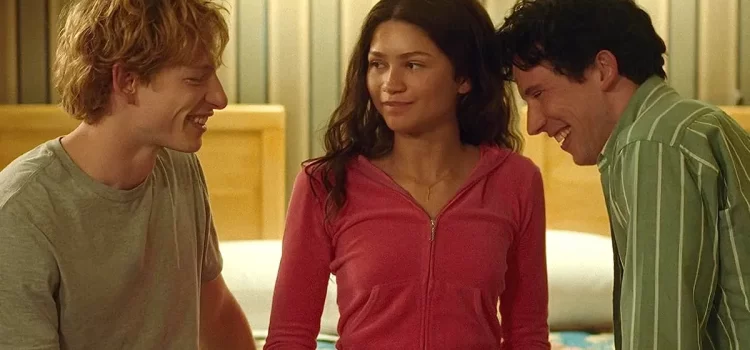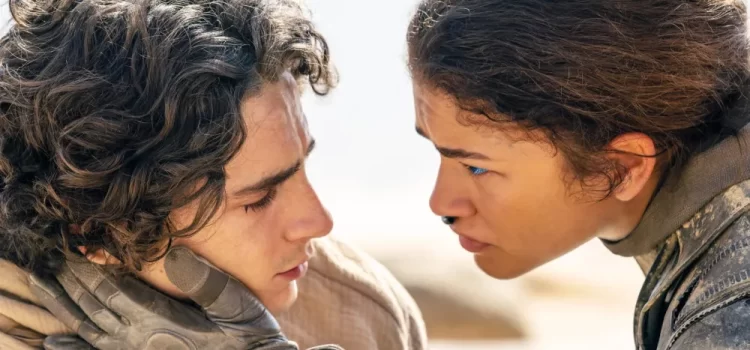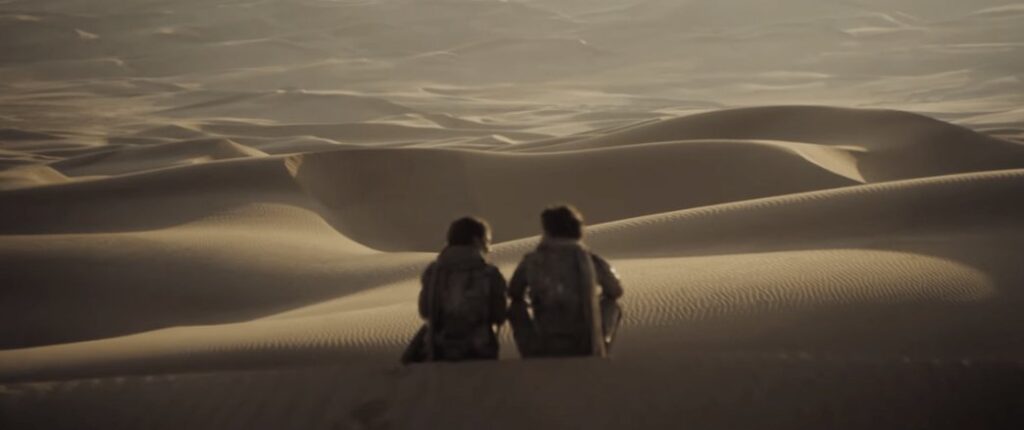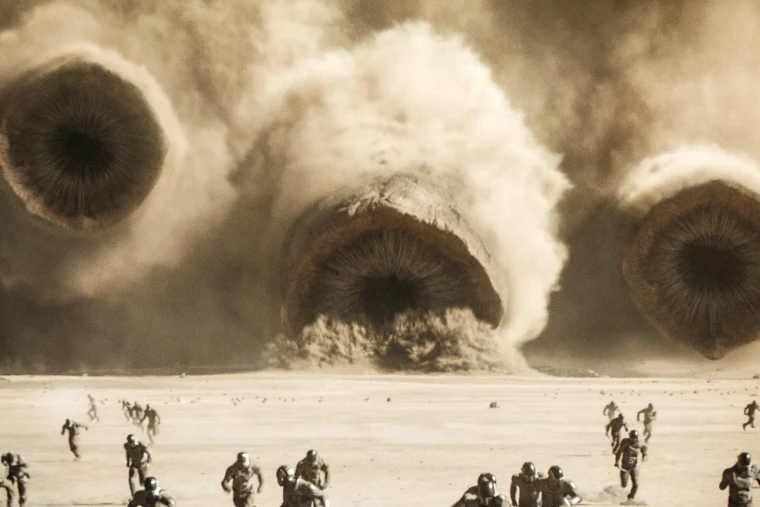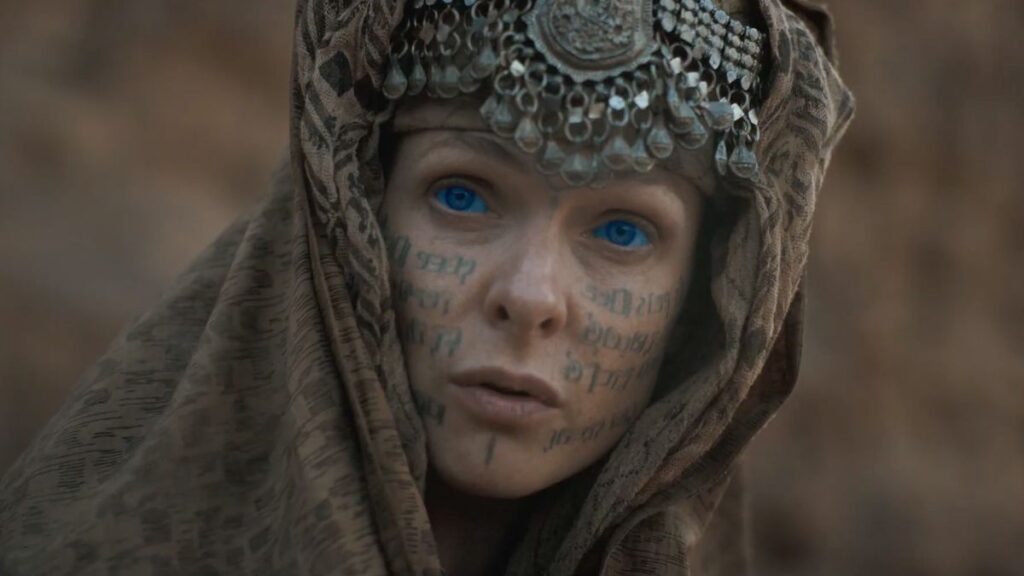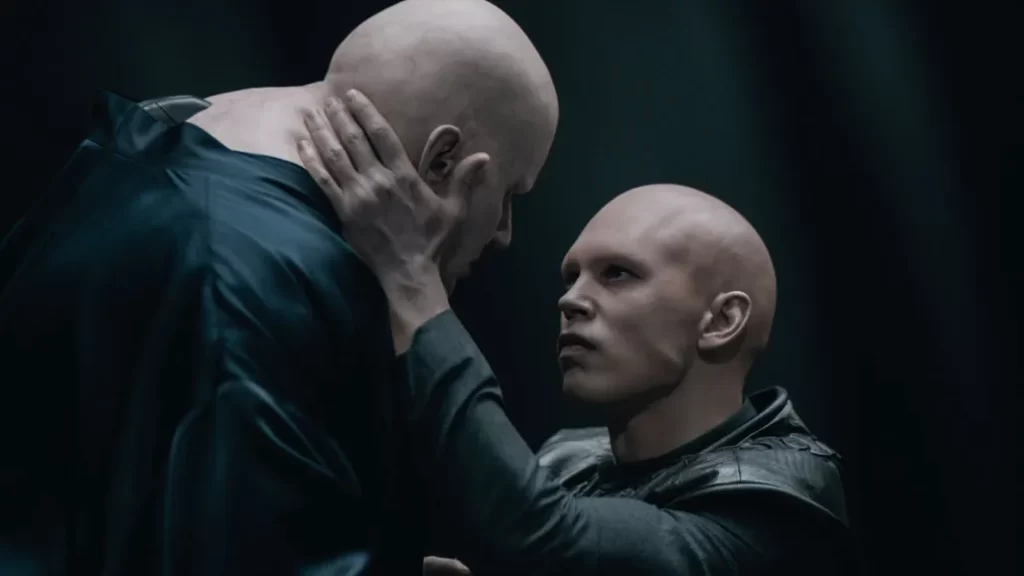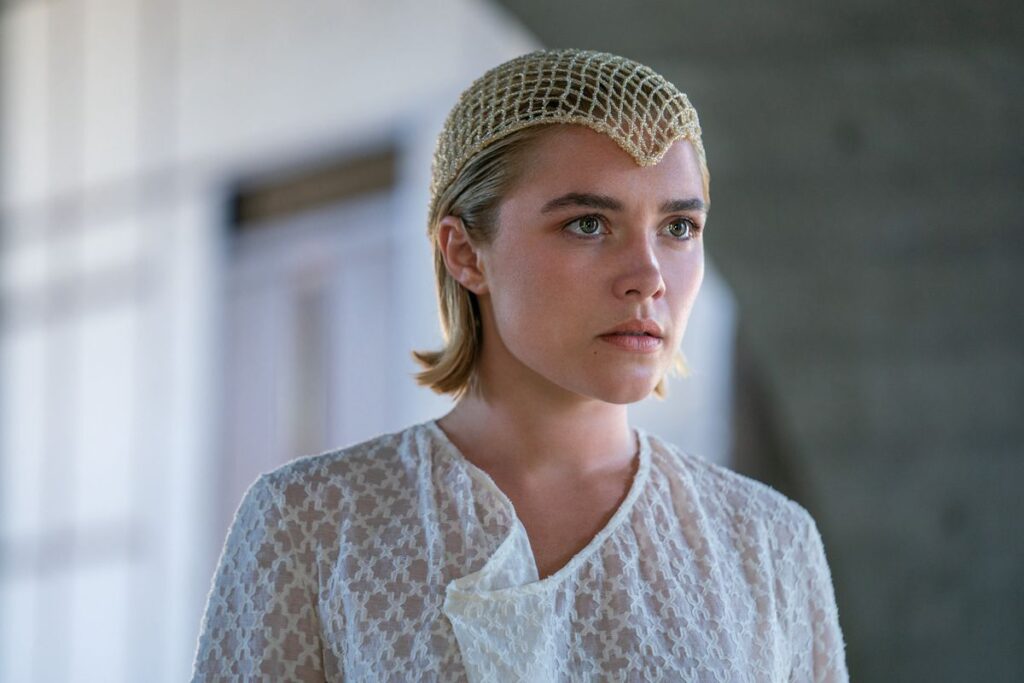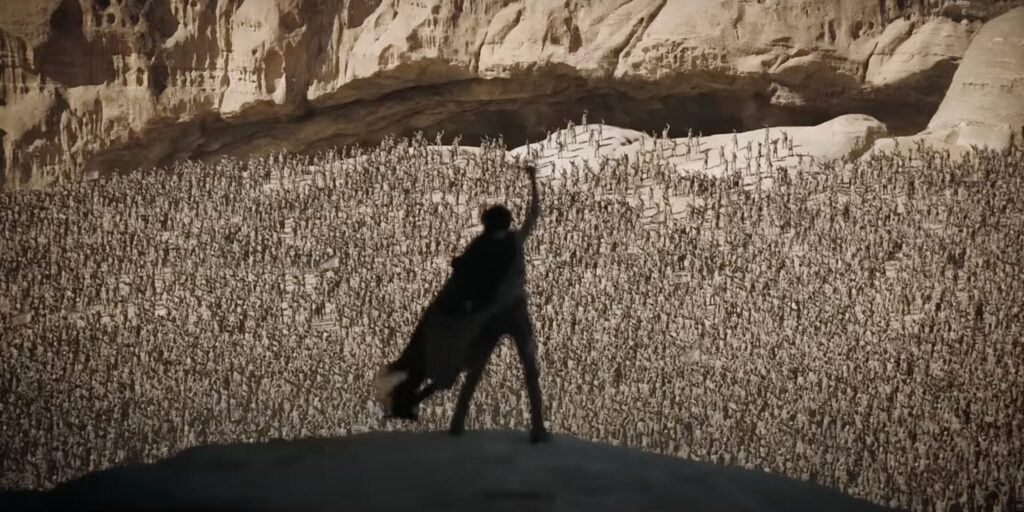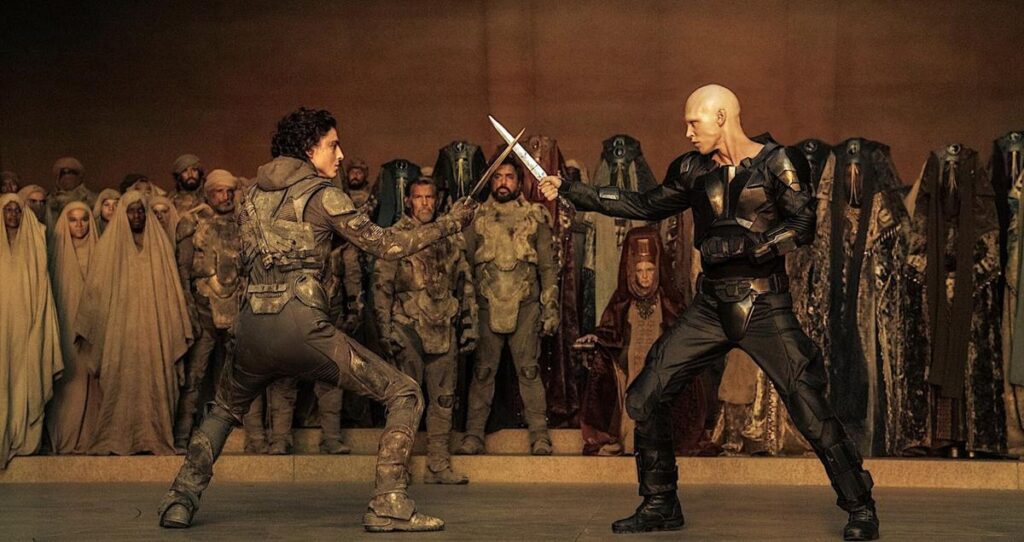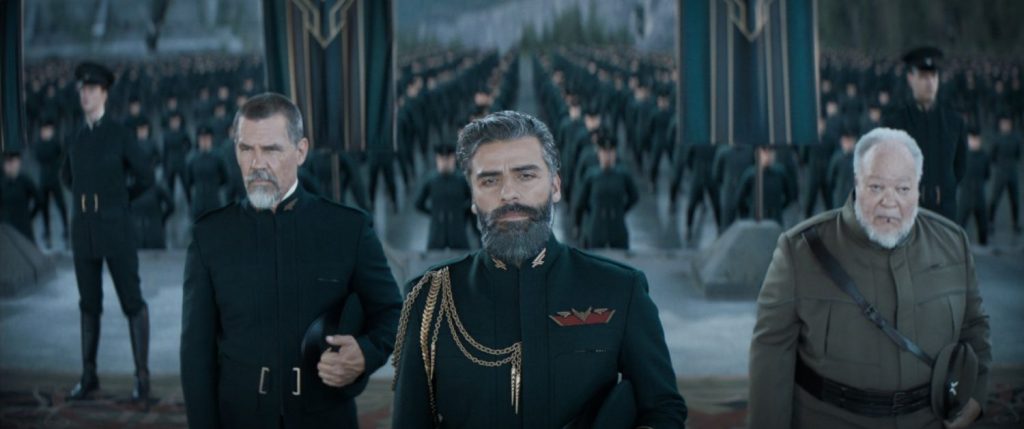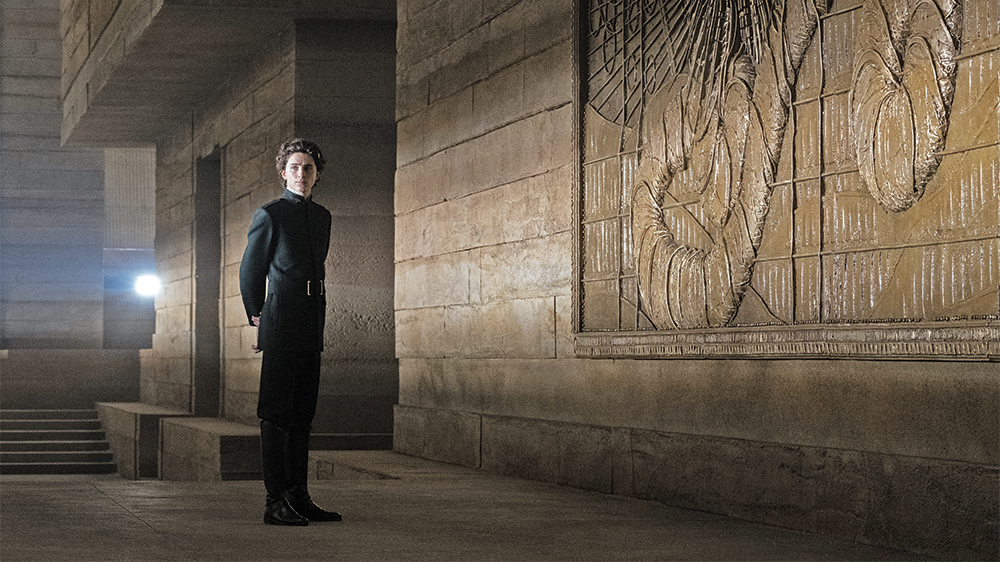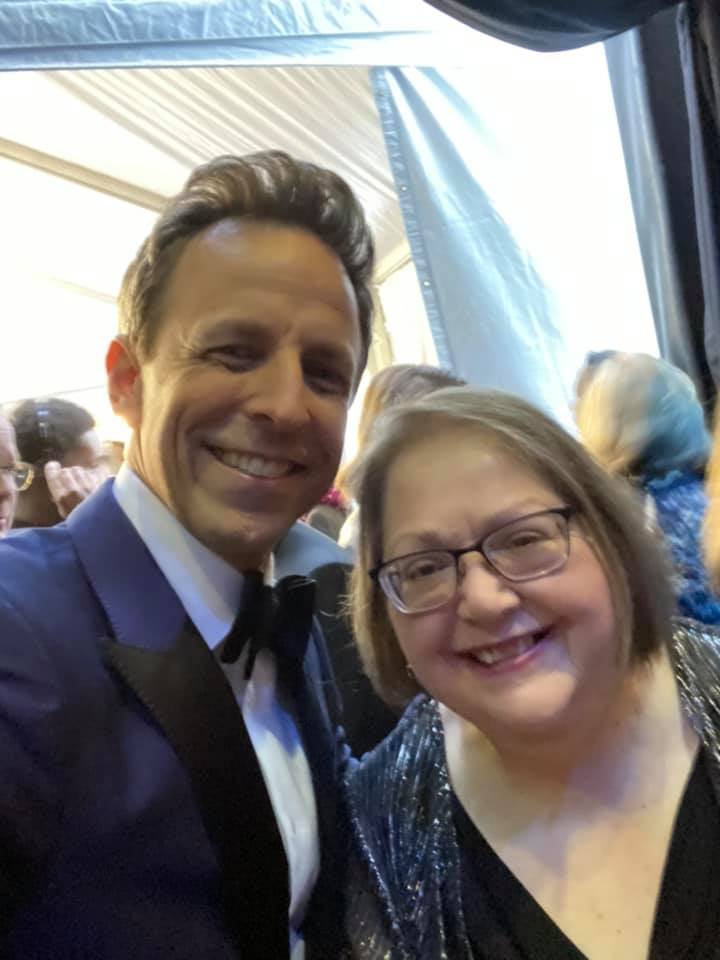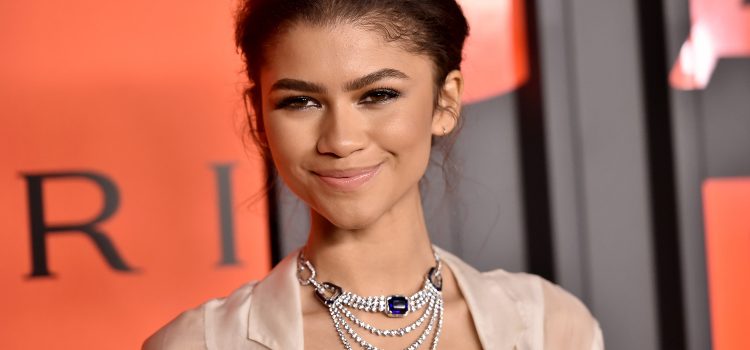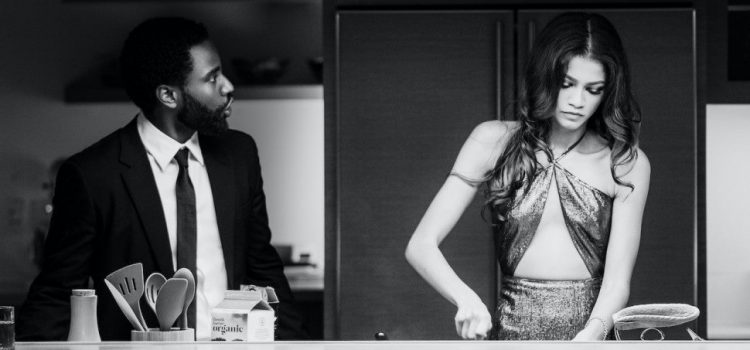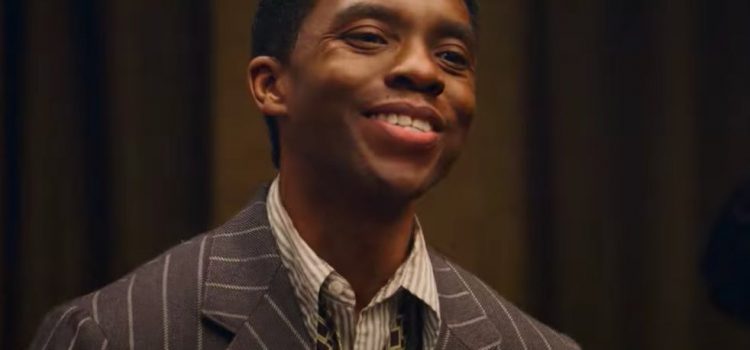By Lynn Venhaus
Basically, Francois Truffaut’s “Jules and Jim” knockoff set in the highly competitive world of professional tennis, “Challengers” is a baffling vanity exercise that is a disservice to the considerable talents of its super-cool star trio.
Director Luca Guadagnino has always favored more style than substance, which is frustrating because he tends to meander. (Cases in point: “Call Me by Your Name” and “A Bigger Splash” – although fans like that he is fond of pretty people and luxurious settings.)
He teases an erotic menage-a-trois between best friends broken apart by their fixation and desire for a golden child, but doesn’t complete the game, set, and match. He’s ineffective with pacing, tone, and emotional connection, and the back-and-forth volleying with the timeline becomes distracting.
This melodramatic film is 2 hours, 11 minutes, with a nearly unbearable 45- minute third act as tensions collide that ultimately crashes into an unsatisfying conclusion.
The superficial screenplay is credited to Justin Kuritzkes, and it’s a glossy mess of a love triangle between a former child prodigy and the two high-level players she met as teenagers that have been a major part of her life ever since.

Tough and ambitious Tashi Duncan (Zendaya) first dated slippery Patrick Zweig (Josh O’Connor) but married earnest Art Donaldson (Mike Faist). Art is a champion on a losing streak, and Tashi not only is the mother of his daughter Lily, but his demanding coach. Patrick is down on his luck despite growing up as a rich kid.
Gifted athletes and savvy marketers, Art and Tashi’s lifestyle is a brand, but they rarely look happy. Misery seems to be hanging like a rain cloud, although their creature comforts indicate they once enjoyed pleasure in all aspects of life.
When her strategy for his redemption involves playing a Challengers tournament, which is like the minor leagues, surprise – the former BFFs must face each other!
The timeline toggles between a 2019 setting, then back as college students, and their hook-ups during the past 13 years. The guys, once doubles partners nicknamed “Fire and Ice,” have known each other since they were 12 and roommates in a tennis boarding school.
Betrayals at different stages make the characters hard to like, and Disney teen alum Zendaya, two-time Emmy winner for “Euphoria,” is completely unlikable. She’s mesmerizing but the aloof character is soulless. Guadagnino likes to linger the camera on her, which becomes excessive, and she’s too vague emotionally to sustain interest.

Now the guys, believably boyish and intense, have serious acting cred. They deliver fascinating performances, although not trustworthy because of the secrets and lies, but we needed more. Despite the trio’s magnetic screen presence, their characters’ vulnerabilities are never fully realized.
BAFTA-nominated Faist, who broke through as Riff in the 2021 remake of “West Side Story” after establishing a career in musical theatre on Broadway (Tony nominee as Connor in “Dear Evan Hansen” and was in “Newsies”) has the physicality and energy for the athletic role.
O’Connor won an Emmy in 2021 for playing Prince Charles in “The Crown,” so his playing against type is interesting, and he’s surprisingly robust and gymnastic.
The competitive dynamics are intriguing, and the level of commitment the three make to portraying world-class athletes is remarkable. If only Guadagnino would have taken a page out of Michael Ritchie’s competition films playbook (including “The Candidate,” “Downhill Racer,” and “Smile”), where even victories are at great personal cost. Aesthetics can only take a film so far.
Kuritzkes wants to say a lot, especially on the characters’ codependency, but there is no resolution. Again, we never fully understand the three. What is the price of winning? Why should we care?
There is also a homo-erotic undercurrent that is only teased, if you are looking for that (the film’s trailer is misleading). Apparently, they can’t quit each other, and it’s complicated.
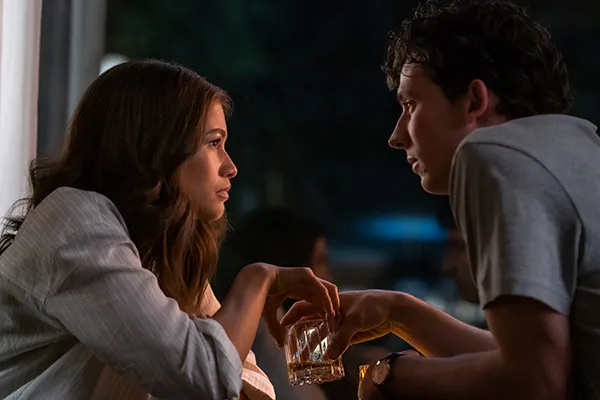
Now the camera work by Sayombhu Mukdeeprom is sensational – and the tennis action is Grand Slam-level. Mukdeeprom has worked with Guadagnino before, and excelled in Ron Howard’s “Thirteen Lives.”
The music score is by Oscar winners Trent Reznor and Atticus Ross (“Social Network” and “Soul”), and it’s mainly modern electric-synthesizer heavy compositions not unlike the hypnotic score for “American Gigolo.” While propulsive, it is at times overpowering.
The guys preface a request or rationale to goddess Tashi by saying “You’re going to get mad at me…”
As if that’s their excuse for tiptoeing around her all the time. Please…get out of your own way and move on!

“Challengers” is a 2024 drama directed by Luca Guadagnino and starring Zendaya, Josh O’Connor and Mike Faist. It is rated R for language throughout, some sexual content and graphic nudity and runtime is 2 hours, 11 minutes. It opened in theaters April 26. Lynn’s Grade: D+.

Lynn (Zipfel) Venhaus has had a continuous byline in St. Louis metro region publications since 1978. She writes features and news for Belleville News-Democrat and contributes to St. Louis magazine and other publications.
She is a Rotten Tomatoes-approved film critic, currently reviews films for Webster-Kirkwood Times and KTRS Radio, covers entertainment for PopLifeSTL.com and co-hosts podcast PopLifeSTL.com…Presents.
She is a member of Critics Choice Association, where she serves on the women’s and marketing committees; Alliance of Women Film Journalists; and on the board of the St. Louis Film Critics Association. She is a founding and board member of the St. Louis Theater Circle.
She is retired from teaching journalism/media as an adjunct college instructor.

